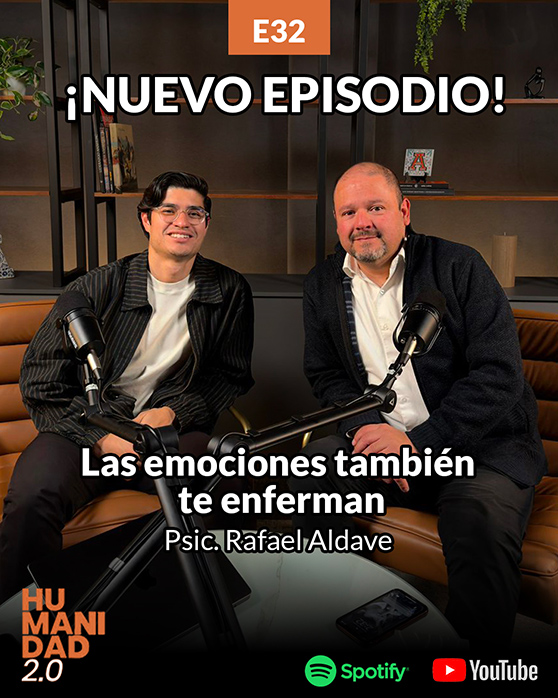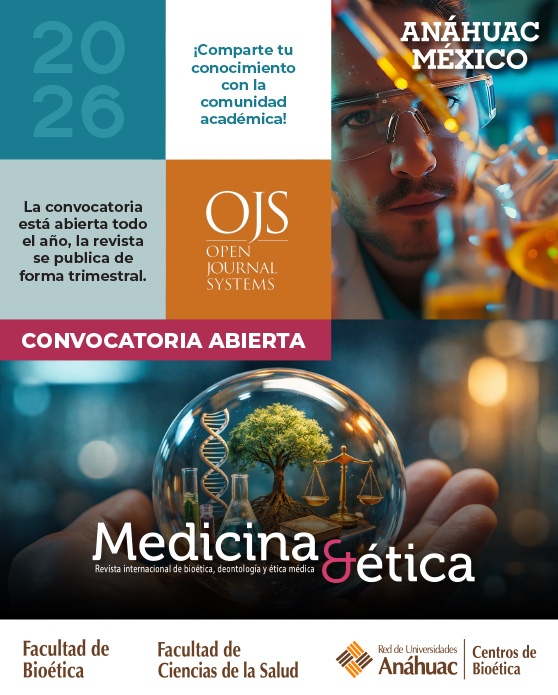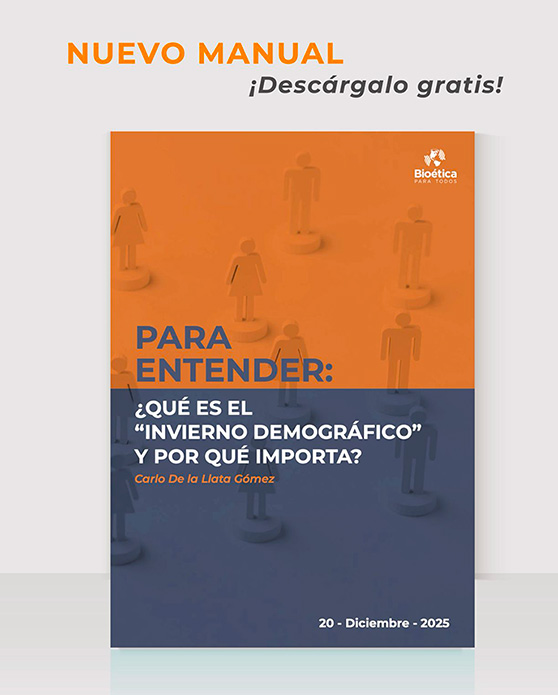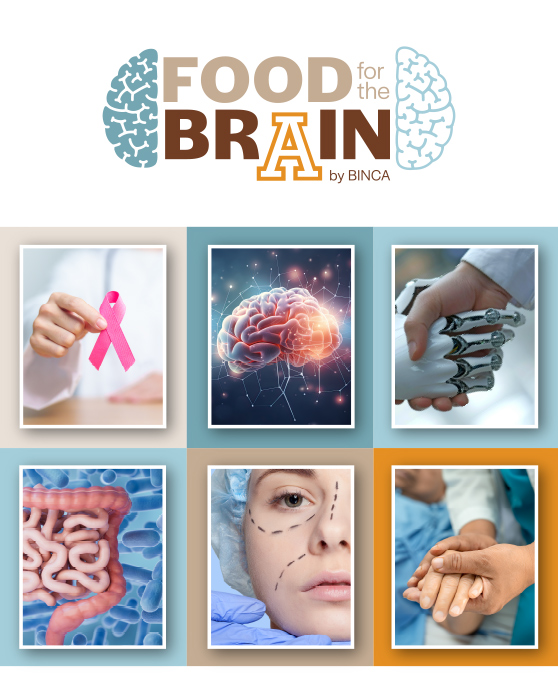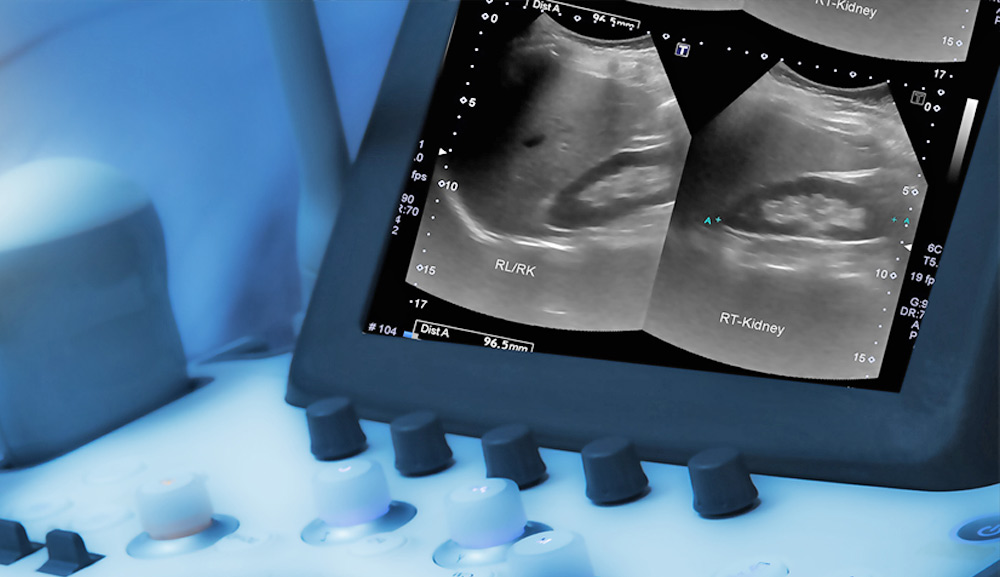
May 29, 2025
Author: Juan Manuel Palomares Cantero
Versión en Español
The case of Adriana Smith has sparked an ethically significant debate by confronting public opinion with an extreme situation: a 30-year-old African American woman, a nurse by profession and mother of a seven-year-old child, was diagnosed with brain death on February 19, 2025, at Emory Midtown University Hospital, located in Atlanta, Georgia. Adriana was in the ninth week of her second pregnancy when she experienced a severe headache. She went to the hospital but was discharged without undergoing diagnostic imaging studies. Hours later, her health deteriorated rapidly, and she was readmitted with brain clots that led to the diagnosis of brain death. Since then, she has been maintained on life support for more than ninety days to allow the fetus to reach extrauterine viability.
During clinical follow-up, doctors detected an excessive amount of fluid around the fetus’s brain, a possible sign of hydrocephalus, which could compromise its neurological development. The family, in addition to facing the pain of Adriana’s situation, has expressed distress over the uncertain prognosis of the baby, who could be born with some disability or might not survive after birth. These concerns, combined with the emotional and economic effort required to maintain prolonged treatment, have further complicated the ethical and human conflict surrounding this case.
The legal context of the state of Georgia, particularly the 2019 LIFE Act, shaped the clinical decision to preserve the pregnancy. This legislation prohibits abortion once fetal heartbeat activity is detected (around the sixth week of gestation) and grants the fetus legal personhood as a member of the human species. Although the law contemplates exceptions to preserve the mother’s life or health, it does not explicitly address cases of women in brain death. The hospital, in compliance with what it interpreted as legal obligations, decided to maintain Adriana Smith on somatic support, hoping to prolong gestation until week 32. This situation has generated tension between the legal framework, the family’s wishes, and the underlying ethical dilemma: should the life of the unborn be preserved through a maternal body that no longer has brain activity?
Brain Death and Personal Identity
Brain death is defined as the total and irreversible loss of brain function, which implies the definitive cessation of all brain activity, including the brainstem. From current medical and legal perspectives, this criterion is equivalent to the death of the individual. However, thanks to artificial life support, certain somatic functions such as circulation, oxygenation, and endocrine processes can be maintained, allowing the body to remain physiologically operational for a certain period.
This condition raises a profound ethical and anthropological question: what meaning does the human body retain when the person is dead? From the perspective of bioethics, founded on the principle of corporeity, it is asserted that the human body is not an external shell or a functional tool but an essential and inseparable part of the person. The body is the concrete mode of being in the world: it is presence, language, and bond. Therefore, even in the absence of brain activity, the body retains a relational and symbolic dimension that demands respect.
In this context, the body of Adriana Smith, diagnosed with brain death, remains a space of nurture for a life in gestation—her son Chance. Far from being instrumentalized, her body expresses a final form of motherhood: silent yet active, deeply human. From this perspective, maintaining her corporeity with life support does not constitute a form of use or degradation but rather an extension of the moral duty to protect the life of the most vulnerable.
The Dignity of the Unborn and the Intrinsic Value of Human Life
Chance, the son of Adriana Smith, is a human being in the prenatal stage who possesses, from conception, a dignity that does not depend on his development, functionality, or social perception of his value. Bioethics holds that every person is an end in themselves, and their value is intrinsic, especially in contexts of extreme vulnerability such as his.
The principle of respect for physical life demands protecting all human existence from conception to natural death, without exceptions. Chance is not a potential life but a developing person, bearer of fundamental rights. Conditioning his value on viability, a medical diagnosis, or economic cost constitutes a covert form of discrimination.
Maintaining pregnancy through life support does not represent an artificialization of the biological process but a concrete expression of the duty of care. It is an ethical response to the absolute vulnerability of the unborn, reaffirming the mother-child bond and prioritizing life over convenience criteria.
Along with personal duty, social solidarity is also activated. Chance belongs to a community that must welcome and protect him. Here the principle of subsidiarity is articulated, which calls for intervention when those closest cannot act for themselves, without nullifying their responsibility. This logic extends to healthcare professionals, legislators, and the public health system.
Sustaining this life strengthens the common good. Defending the weakest, even when it requires extraordinary efforts, promotes a society where dignity is neither granted nor negotiated but recognized. Chance, still unborn, represents all those who cannot speak but whose humanity demands protection.
Autonomy, Family Duties, and the Role of the State
Autonomy is a central principle in bioethics, though it is often interpreted reductively as absolute affirmation of individual will. Autonomy is understood as a situated moral responsibility, which must be oriented toward the good, truth, and relationship with others.
In the case of Adriana Smith, the absence of an advanced directive or prior expressed will makes it impossible to know her wishes. Therefore, the decision regarding somatic support must be assumed as prudent discernment between the family and the medical team, according to the principle of subsidiarity. When the family is overwhelmed, the healthcare system and the State must intervene not to impose but to accompany with solidarity and offer real resources that make a humane and ethical decision possible.
The State cannot limit itself to applying the law without considering context. It must protect the unborn and support the family. The defense of life must be sensitive to social conditions and not operate coldly or coercively.
From the principle of the common good, a society is demanded that promotes both individual dignity and collective solidarity. Protection of the unborn must be integrated into public policies that support vulnerable motherhood and perinatal care. Respecting autonomy in this context does not imply omitting the duty of care but understanding that every ethical decision must prudently and communally weigh the goods at stake.
Structural Justice and Disparities in Healthcare/h3>
The case of Adriana Smith highlights structural injustice: racial inequality in access to and quality of medical care in the United States. Adriana, a pregnant African American woman, went to the hospital with a serious symptom and was sent home without a CT scan. Hours later, she suffered a thrombosis that resulted in brain death. This omission cannot be considered an isolated error but part of a pattern disproportionately affecting Black women in clinical settings.
From bioethics, the principle of justice demands more than formal equality: it requires substantive justice, capable of identifying and correcting structural conditions of disadvantage. The data confirm this: Black women have maternal mortality rates three times higher than white women, even with similar socioeconomic conditions.
The lack of timely diagnosis in this case reflects a chain of negligence marked by structural racism, clinical mistrust, and dehumanization. Attentive clinical listening is a fundamental ethical requirement. Ethics that does not listen, fail.
Faced with this situation, bioethics demands moving from denunciation to institutional action: protocol review, intercultural training, effective accountability mechanisms. Protecting patients like Adriana is not only a medical obligation but a moral, legal, and political imperative. A society that allows race to determine the level of care is failing its most basic duty: to recognize the equal dignity of every human person.
Conclusions
Human dignity does not depend on consciousness, autonomy, or functionality; it is founded on belonging to the human species. Adriana’s body, even in brain death, became a space of nurture for her son, and Chance, still unborn, represents all those whose voices are silenced by clinical pragmatism or social calculation. Defending them reaffirms that human life is never a means but always an end.
Truly humanistic bioethics cannot settle for proclaiming general principles; it must bravely confront structural inequalities that condition access to health and quality of care. The case of Adriana Smith reveals that medical justice is far from blind to skin color, and that ethics is impossible without equity, listening, and commitment to institutional transformation.
The defense of life cannot be reduced to an abstract legal mandate nor a moral imposition without accompaniment. It requires an alliance between family, State, and medical community, based on subsidiarity and solidarity. Against a culture that abandons the vulnerable or labels them as burdens, this case reminds us that ethics begins when caring for those who can no longer care for themselves, and that we must commit to life even when it hurts to sustain it.
Juan Manuel Palomares Cantero is a lawyer, master’s, and PhD in Bioethics from Universidad Anáhuac, Mexico. He was Director of Human Capital, and Director and General Coordinator at the Faculty of Bioethics. Currently, he works as a researcher at the Academic Directorate of Integral Formation at the same university. He is a member of the Mexican National Academy of Bioethics and the Latin American and Caribbean Federation of Bioethics Institutions. This article’s drafting was assisted by ChatGPT, an AI tool developed by OpenAI.
The opinions shared in this blog are the sole responsibility of their respective authors and do not necessarily represent a unanimous view of the seminars, nor an official position of CADEBI. We value and encourage any comments, responses, or constructive criticism you wish to share.
More information:
Centro Anáhuac de Desarrollo Estratégico en Bioética (CADEBI)
Dr. Alejandro Sánchez Guerrero
alejandro.sanchezg@anahuac.mx

